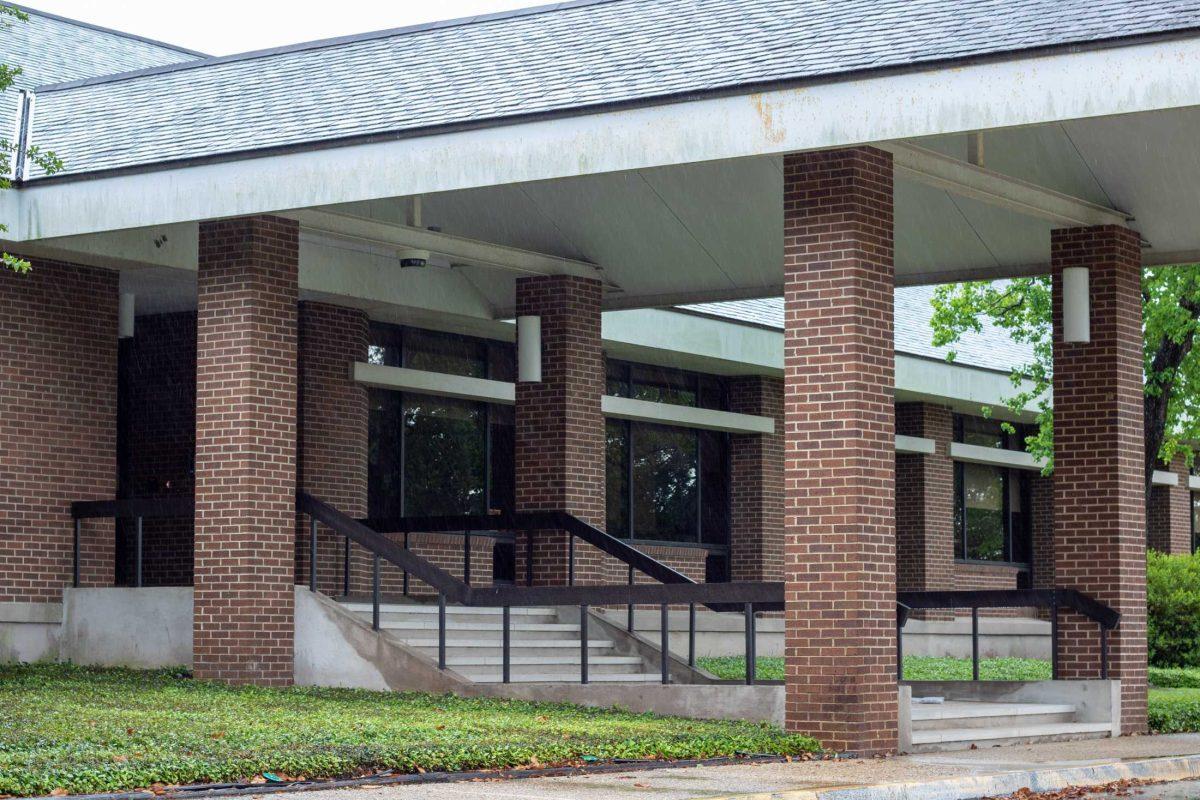As I say goodbye to the place that has been my home for four years, I’ve been reminiscing over the highlights of my time at LSU. For me, it was easy to remember the friends, parties and countless gamedays at Tiger Stadium. But as the semester passed, I realized that my success at LSU was carried on the shoulders of people unseen.
It’s hard to remember the people who work in open sight and the instructors with whom you took a gen-ed class, but their impact on all of campus deserves to be recognized. So as I leave this university, I take issue with the fact that LSU’s priorities for the next generation don’t take promoting the long-neglected interests of campus workers into account.
MORE OPINION: J. Cole apologizing wasn’t a sign of weakness or cowardice
LSU’s Scholarship First agenda is a fine plan for the years to come. Its intent to address preserving our coast and financing scientific research in the fields of biomedicine and sustainable energy will arm this university with the tools needed to address the problems to come for this state.
Yet this university’s big plans for improving Louisiana must not triumph over the fair compensation of the true unsung heroes of this university: the dining workers, the custodians and the other countless variations of service workers who keep this place running.
If LSU is committed to elevating “Louisiana for the benefit of all,” then it should start with the workers that maintain the halls of this university.
I’ve truly valued speaking with them. It’s refreshing to hear their human stories in the background of the monotonous chatter of my daily college life. I’ve heard their struggles and how they’ve overcome them. I’ve heard their dreams and how they’ve worked hard to support their family and kids.
They remind me of my parents who have sacrificed a lot to give me and my sister an education and a hopeful future.
Yet their dreams can’t be realized when they live paycheck to paycheck.
They’re not asking for things they want, but things they need. They’re asking for financial security in the face of rising grocery, gas and overall living costs. It’s not hard to give workers a fair wage and establish cost-of-living adjustments that give them raises tied to the rise in the rate of inflation.
There’s no question that LSU could give these workers a living wage. Where there’s a will, there’s a way.
The issue of a living wage doesn’t stop at essential workers like custodians and food service workers, but the very individuals who teach at this university. According to the LSU Office of Budget and Planning, instructors in 2021-2022 made an average of $50,494. Instructors at this university are well educated, with many having master’s and doctoral degrees.
Yet, for the professors who luckily managed to grab a position and make the salary expected for their position, there are more instructors who unfortunately have to live paycheck to paycheck and don’t receive the same compensation as professors. These instructors play a vital role in educating many of our students.
It’s disappointing how myopic LSU is towards the Scholarship First agenda while many instructors have the same workload as our professors and struggle to live.
There’s a group of students, graduate students and campus workers who are fighting to give a voice to every campus worker.
The United Campus Workers of Louisiana have a noble cause to raise the minimum wage of every campus worker to a living wage ($16.50 per hour or $34,320 annually) and give them a cost-of-living adjustment of either 2.5% per year or the annual inflation rate.
In the sea of silence, it’s a pity that the union is the only notable voice on campus that advocates for their interests.
To all the campus workers, whether academics or other essential workers that I’ve met, I appreciate the time you spent listening to my rambling and know that I’ll remember you years after I graduate. To those I never met, there’s no question that y’all keep the students and faculty running on our feet every day.
It’s time for the administration to acknowledge this reality.
Nathaniel Dela Peña is a 21-year-old political science and history senior from Alexandria.





